

Tao Te Ching
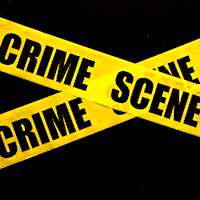
Crime
What is crime? But maybe the more relevant question becomes who defines “crime” and on what do they base their definition? Through most of history, crime was defined by the rich and powerful in ways to most protect and increase their wealth and privilege. The extent of civilization’s evolution could be defined by how much it transforms the idea crime from protecting the privileged to equal justice for all. In the religious realm, “crime” often becomes translated as “sin.” Just as politicians corrupt the definition for their political gain, priests, gurus, and ministers corrupt their definitions in ways to protect their own power and entitlement. In the 19th century, the more enlightened view of crime hit a high note when Arthur Schopenhauer said that, “it’s easy to define human rights: everyone has the right to do anything that does not injure another.” Not defining victimless infractions as crime or sin however still represents an ideal still not realized in most of the world.
Quotes (75)

“If I commit an offense, it has nothing to do with my people. If my people commit an offense, the offense rests with me.”
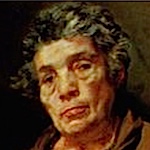
“We hang the petty thieves and appoint the great ones to public office.”

“The true and worst but most often unpunished criminals wearing wealth fill their mansions with splendor when granaries are empty and farms are poor and wild. They never hunger, never thirst; yet eat and drink until they burst.”
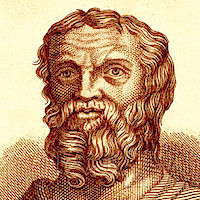
“Were there no question of advantage, the honest would be as likely to lie as the liar, and the liar would tell the truth as readily as the honest man.”
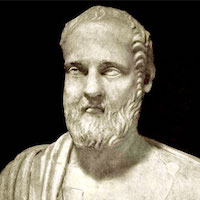
“When I was a boy, wealth was regarded as a thing so secure and admirable that almost everyone affected to own more property than possessed... now a man has to be ready to defend himself against being rich as if it were the worst of crimes.”

“When he saw temple officials arresting someone who had stolen a bowl from them, Diogenes said, "The great thieves are leading away the little thief."”
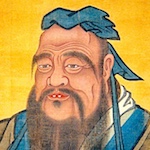
“To keep a constant mind-and-heart of goodness without a constant, meaningful livelihood is only possible for a very few. If people lack a good livelihood, it follows that they will lack a good mind and heart; will become reckless, depraved, and stop at nothing. Only hypocritical, greedy, and criminal leaders create the causes of crime and then punish the people for it.”

“In years of prosperity, most of the young people are well behaved; but, in bad years, most of the young people turn to violence.”
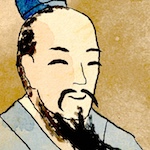
“The petty thief is imprisoned but the big thief becomes an investment banker (Chuang Tzu used ‘feudal lord’).”

“When the court is in good repair, lawsuits abound. When lawsuits abound, fields become overgrown. When fields beome overgrown, granaries beome empty. When granaries become empty, the country becomes poor. When the country becomes poor, customs become decadent, and there is no trick people don’t try.”
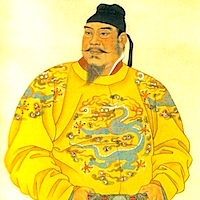
“If I decrease expenses and lower taxes, permit only honest officials, the people will have enough food and clothing. This will do more to abolish robbery than the most severe punishments.”
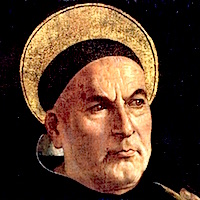
“Shun, as you would the plague, a cleric who from being poor has become wealthy, or who, from being a nobody has become a celebrity.”
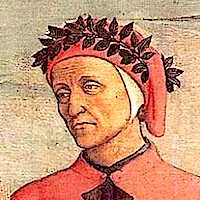
“Lawful gains rarely come to the good because they require much anxious care and the good—their care directed to weightier matters—rarely have time or motivation for that much care.”
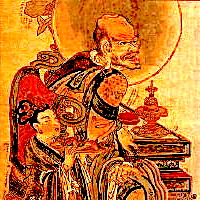
“The true criminal must be defined as a man who commits a crime though he is as decently fed and clothed as others.”
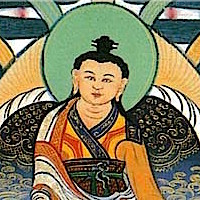
“The root of confused and harmful activity arise from the loss of awareness.”

“When I first ascended the throne, the people were unruly and officials corrupt. If ten people were executed in the morning, a hundred were breaking the same law by evening… I turned to the Taoteching… decided to do away with capital punishment and put criminals to work instead. In the year since then, the burdens of my heart have been lightened. Truly, this book is the greatest teacher of kings.”

“They force people to turn to stealing and then try to rule with cleverness and laws. But the more laws they make, the more thieves appear.”
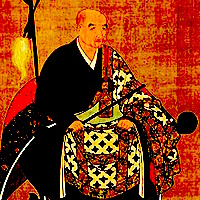
“the greatest evil in heaven and on earth: they pass through the world without doing any useful work and are thus great thieves”

“All laws which can be violated without doing any one any injury are laughed at. Nay, so far are they from doing anything to control the desires and passions of men that, on the contrary, they direct and incite men's thoughts the more toward those very objects, for we always strive toward what is forbidden and desire the things we are not allowed to have. And men of leisure are never deficient in the ingenuity needed to enable them to outwit laws framed to regulate things which cannot be entirely forbidden... He who tries to determine everything by law will foment crime rather than lessen it.”

“History in general is a collection of crimes, follies, and misfortunes among which we have now and then met with a few virtues, and some happy times... The history of the great events of this world are scarcely more than the history of crimes.”

“War is the greatest of all crimes; and yet there is no aggressor who does not color his crime with the pretext of justice.”

“I never doubted… that all crime will be punished, and virtue rewarded, either here or hereafter. These I esteem’d the essentials of every religion.”

“it being more difficult for a man in want to act honestly… ‘it is hard for an empty sack to stand upright.’”
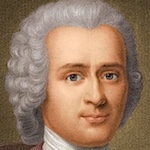
“The first person who enclosed a piece of land said, 'This is mine' and convinced foolish others to believe him became the founder of civil society
creating the beginnings of crime, war, myriad horror and misfortunes.”
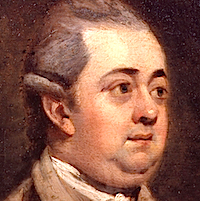
“Man has much more to fear from the passions of his fellow creatures than from the convulsions of the elements. [History is] indeed little more than the register of the crimes, follies, and misfortunes of mankind.”
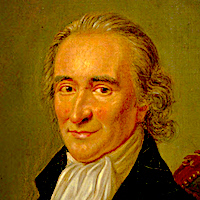
“It is impossible to calculate the moral mischief that mental lying has produced in society. When a man has so far corrupted and prostituted the chastity of his mind as to subscribe his professional belief to things he does not believe he has prepared himself for the commission of every other crime."”
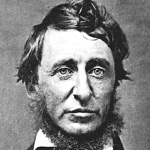
“Under a government which imprisons any unjustly, the true place for a just man is also a prison.”
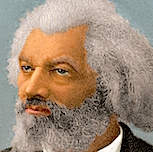
“Where justice is denied, where poverty is enforced, where ignorance prevails, and where any one class is made to feel that society is an organized conspiracy to oppress, rob and degrade them, neither persons nor property will be safe.”
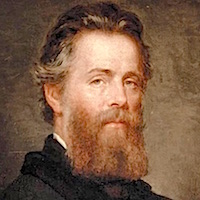
“There is no folly of the beast of the earth which is not infinitely outdone by the madness of man.”
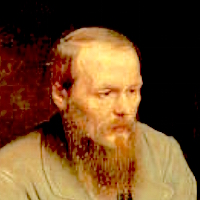
“all these punishments reform no one, and what's more, deter hardly a single criminal, and the number of crimes does not diminish but is continually on the increase.”

“Let other nations think of retribution and the letter of the law. We will cling to the spirit and the meaning—the salvation and reformation of the lost.”

“Remember particularly that you cannot be a judge of anyone. For no one can judge a criminal until he recognizes that he is just such a criminal as the man standing before him, and that he perhaps is more than all men to blame for that crime.”
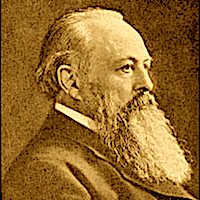
“Liberty, next to religion, has been the motive of good deeds and the common pretext of crime... beset by its natural enemies: ignorance, superstition, lust of conquest, love of ease, craving for power”
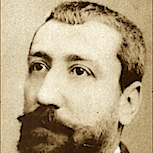
“The poor have to labor in the face of the majestic equality of the law, which forbids the rich as well as the poor to sleep under bridges, to be in the streets, and to steal bread.”
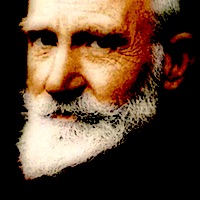
“What you call crime is nothing; a murder here and a theft there... what do they matter? They are only the accidents and illnesses of life; there are not 50 genuine professional criminals in London. But there are millions of poor people, abject people, dirty people, ill-fed, ill-clothed people.”

“Life is nothing but a competition to be the criminal rather than the victim.”
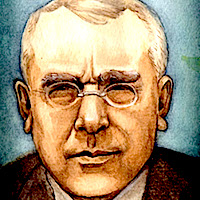
“In existing criminology there are concepts like a criminal man, a criminal profession, a criminal society, a criminal sect, and a criminal tribe; but there is no concept of a criminal state, or a criminal government, or criminal legislation. Consequently, the biggest crimes actually escape being called crimes.”
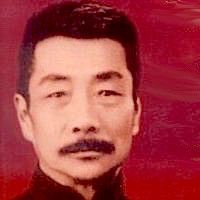
“Do not guard yourself against those who call themselves thieves, for when you find out the opposite, they turn out to be gentlemen. Guard yourself against those who call themselves gentlemen, for when you discover the opposite, they turn out to be thieves.”

“The righteous is not innocent of the deeds of the wicked… the guilty is oftentimes the victim of the injured.”

“There is an anarchist in all of us that inclines us to sympathize with a felon who is desperately and cleverly eluding the police; nobody loves a policeman until he needs one.”

“There is an anarchist in all of us that inclines us to sympathize with a felon who is desperately and cleverly eluding the police; nobody loves a policeman until he needs one.”

“And though we acknowledge that poverty is a spur to crime, we perceive that the root of crime, in all classes, nations, and ages, is the basically lawless nature of man, formed by a million years of hunting, fighting, killing, and greed.”

“A person seeking to end violence does not belong to any country, to any religion, to any political party… they are only concerned with the total understanding of mankind.”
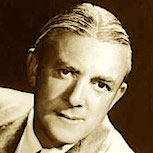
“… crime was very rare, partly because only serious things were considered crimes, and partly because everyone enjoyed a sufficiency of everything he could reasonably desire.”
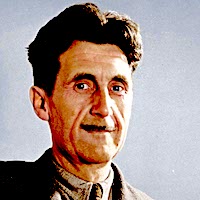
“the essential crime that contained all others in itself—Thoughtcrime, they called it. Thoughtcrime was not a thing that could be concealed forever. You might dodge successfully for a while, even for years, but sooner or later they were bound to get you.”

“The punishment always does more harm than the crime and the people can be trusted to behave decently if you will only let them alone.”
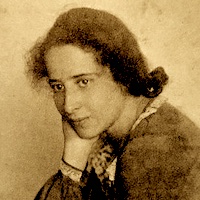
“Going along with the rest and wanting to say 'we' were quite enough to make the greatest of all crimes possible.”
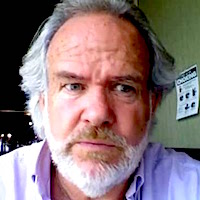
“So warped are the standards by which we measure criminality that players of these games are more apt to be regarded as ‘pillars of society’ than dangerous lunatics who should be exiled to remote islands where they can do no harm to themselves or others.”
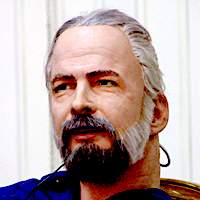
“'I'll sue you,' the door said as the first screw fell out. Joe Chip said, 'I've never been sued by a door. But I guess I can live through it.'”
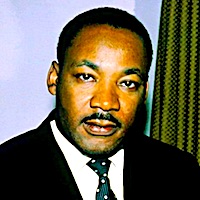
“We must never forget that everything Hitler did in Germany was 'legal'... It was "illegal" to aid and comfort a Jew. But I am sure that if I had lived in Germany during that time, I would have aided and comforted my Jewish brothers even though it was illegal.”

“It is incontestable and deplorable that Negroes have committed crimes; but they are derivative crimes. They are born of the greater crimes of white society.”
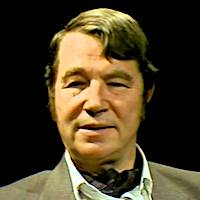
“The worst crimes are not committed by evil degenerates, but by decent and intelligent people taking 'pragmatic' decisions.”
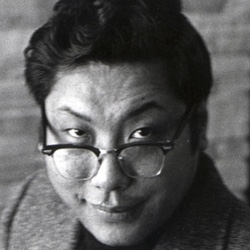
“Buddha teaches us not just to accept [violence] but to understand the cause of it and do something creative about it.”
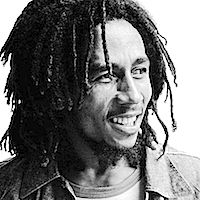
“The people who are trying to make this world worse aren't taking a day off. How can I?”
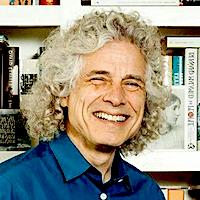
“Violent crime was tamed by a replacement of the code of vendetta by the rule of law, by fairer judicial systems and, most recently, by data-driven policing.”
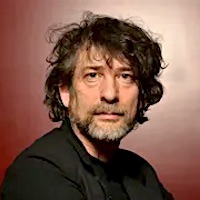
“All politicians are unprincipled crooks and I still believe that they are better than the alternative.”
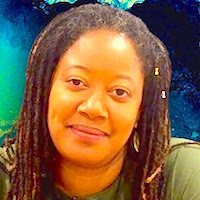
“for a society built on exploitation, there is no greater threat than having no one left to oppress.”
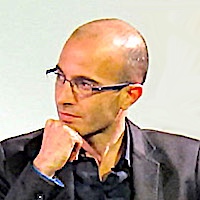
“Animals are the main victims of history, and the treatment of domesticated animals in industrial farms is perhaps the worst crime in history.”
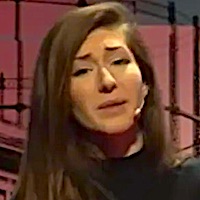
“Half the world regulates sex work by criminalizing everyone involved. But if you’re forced to choose between obeying the law and feeding yourself or your family, you’re going to do the work anyway, and take the risk... The law forces you to keep selling sex, which is the exact opposite of its intended effect... prohibiting the sex industry actually exacerbates every harm that sex workers are vulnerable to.”

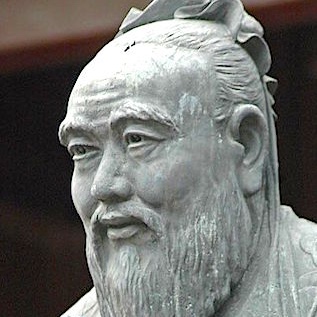
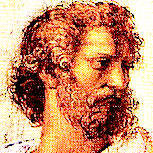

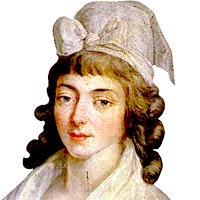

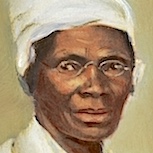
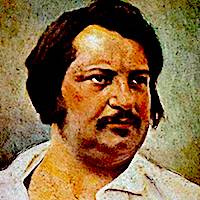
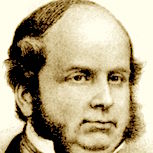
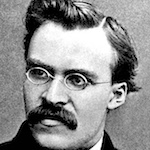

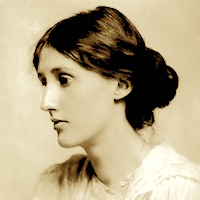

Comments (0)